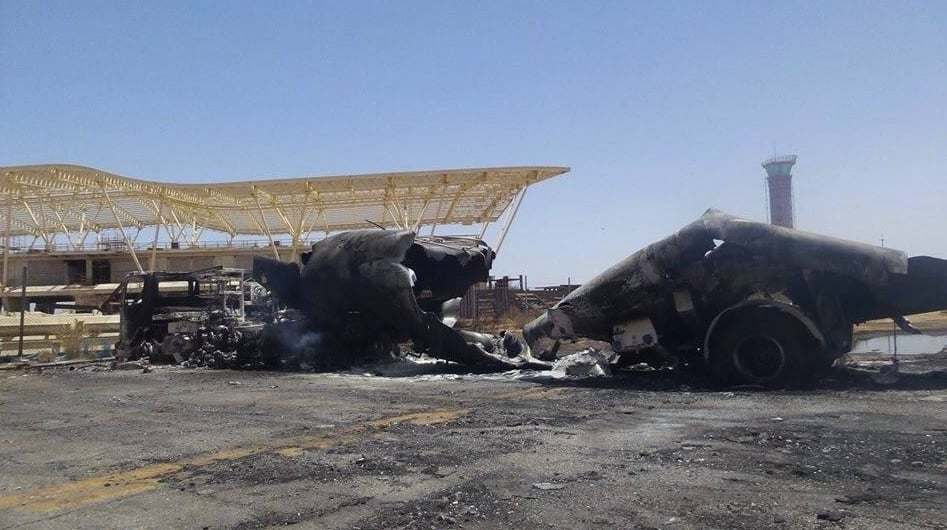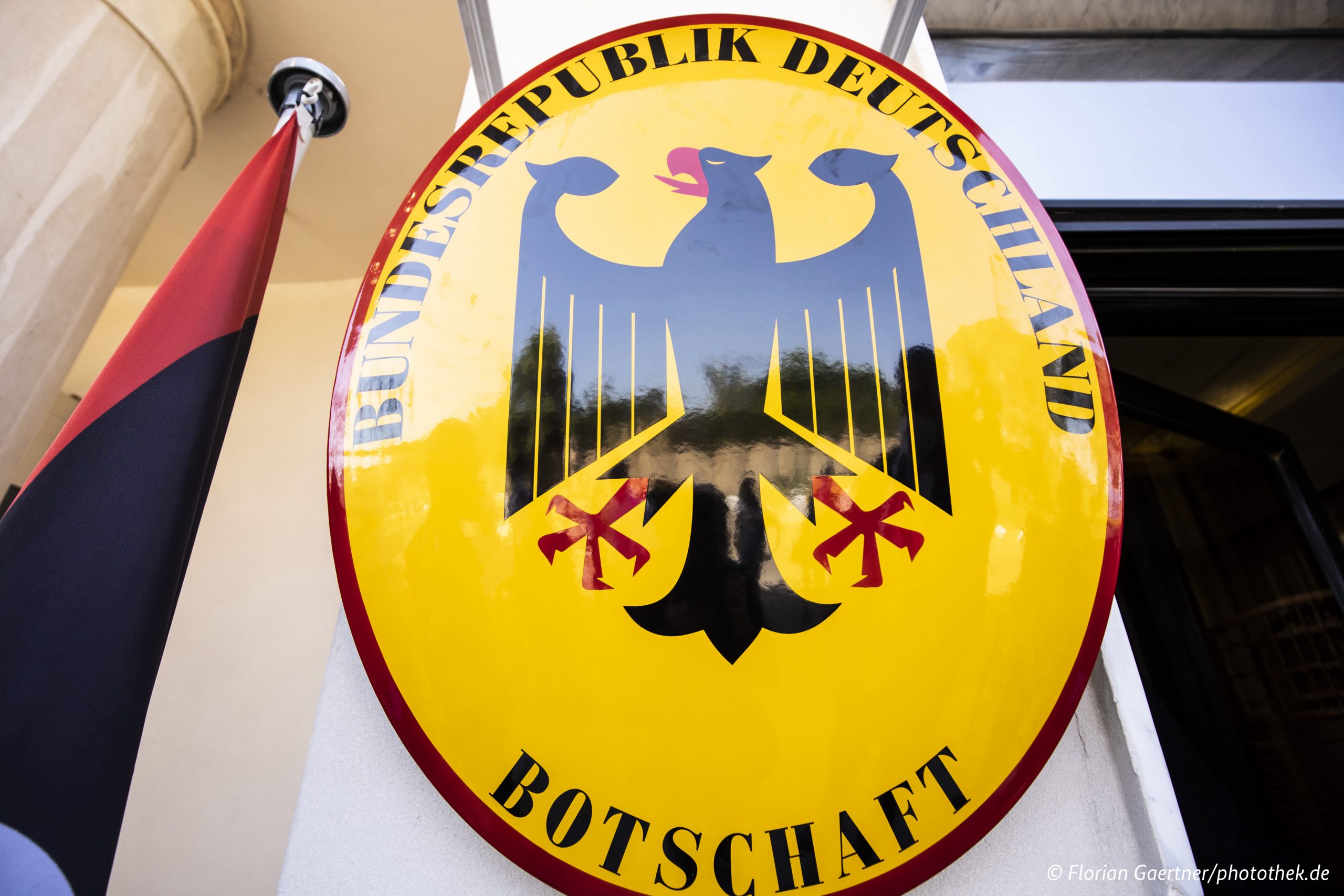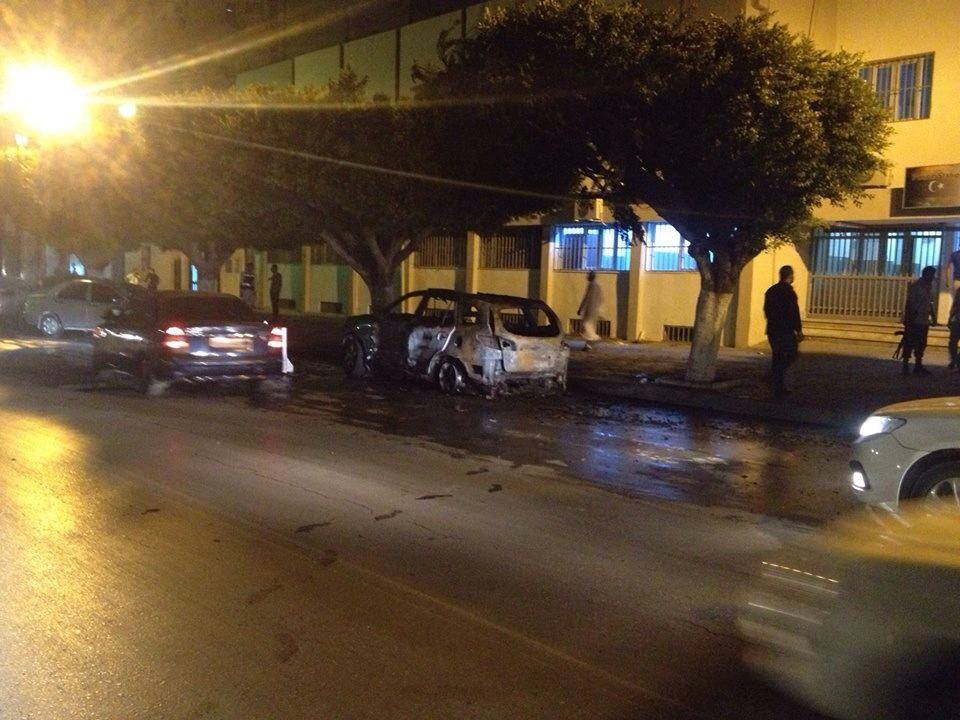By Callum Paton.

Tripoli, 19 July 2014:
A ceasefire agreed to by armed groups battling to control Tripoli airport has held so . . .[restrict]far, despite occasional clashes, as mediators continue to exert pressure on the combatants.
The agreement, announced two days ago, and brokered by Tripoli Local Council has brought to an end fighting at the airport between Zintani and Misratan-led armed brigades. The clashes have caused millions of dinars worth of damage and killed dozens.
The former head of Tripoli Local Council, Sadat Elbadri, who helped broker the ceasefire told the Libya Herald that over the course of negotiations it had become clear neither side wished to continue the conflict. “The ceasefire is still in effect. It is holding and the people do not want to fight,” he said.
Elbadri said his greatest concern was the safety of residents in Qasr Ben Ghashir. Houses in the area, not far from the northern boundary of the airport, had been subjected to nightly shelling over the five days of fighting as Zintani brigades returned fire at Misratan-led forces stationed there. “They were being bombed. The people wanted the fighting to stop and the forces to leave the area,” he said.
Despite causing considerable material damage, the rockets which fell on Qasr Ben Ghashir did not result in any civilian casualties.
Elbadri said while the main combatants had not resumed hostilities there were other challenges facing negotiators. He said the Zintani brigades had only at the last minute agreed to withdraw from the airport having asserted up to that point they were an official force and under no obligation to go.
One representative from the Misratan-led forces had said the ceasefire only applied to the airport itself and did not mean offensives could not be launched elsewhere. “We are trying to put pressure of the parties and hopefully they will leave; there is still a lot of work going on to secure the area,” Elbadri said.
He named the media in particular for difficulties in ending the clashes. “They were 100 percent to blame for the escalation,” he said. He added that Tripoli Council had been forced to act because of the failure of the government to bring about an end to the crisis. “The government has not helped and the police and army are still not present,” he said.
Although the worst of the fighting has ended, the brigades remain. Elbadri said it was crucial that the combatants adhere to the General National Congress’ decision last year that all armed militias leave the capital. The order was stipulated once again in the ceasefire .
A neutral force from the Amazigh town of Jadu is set to arrive at the airport to secure it and all armed groups are ordered to return to their respective towns and cities as part of the ceasefire. The brigades have just under two weeks to leave.
[/restrict]









